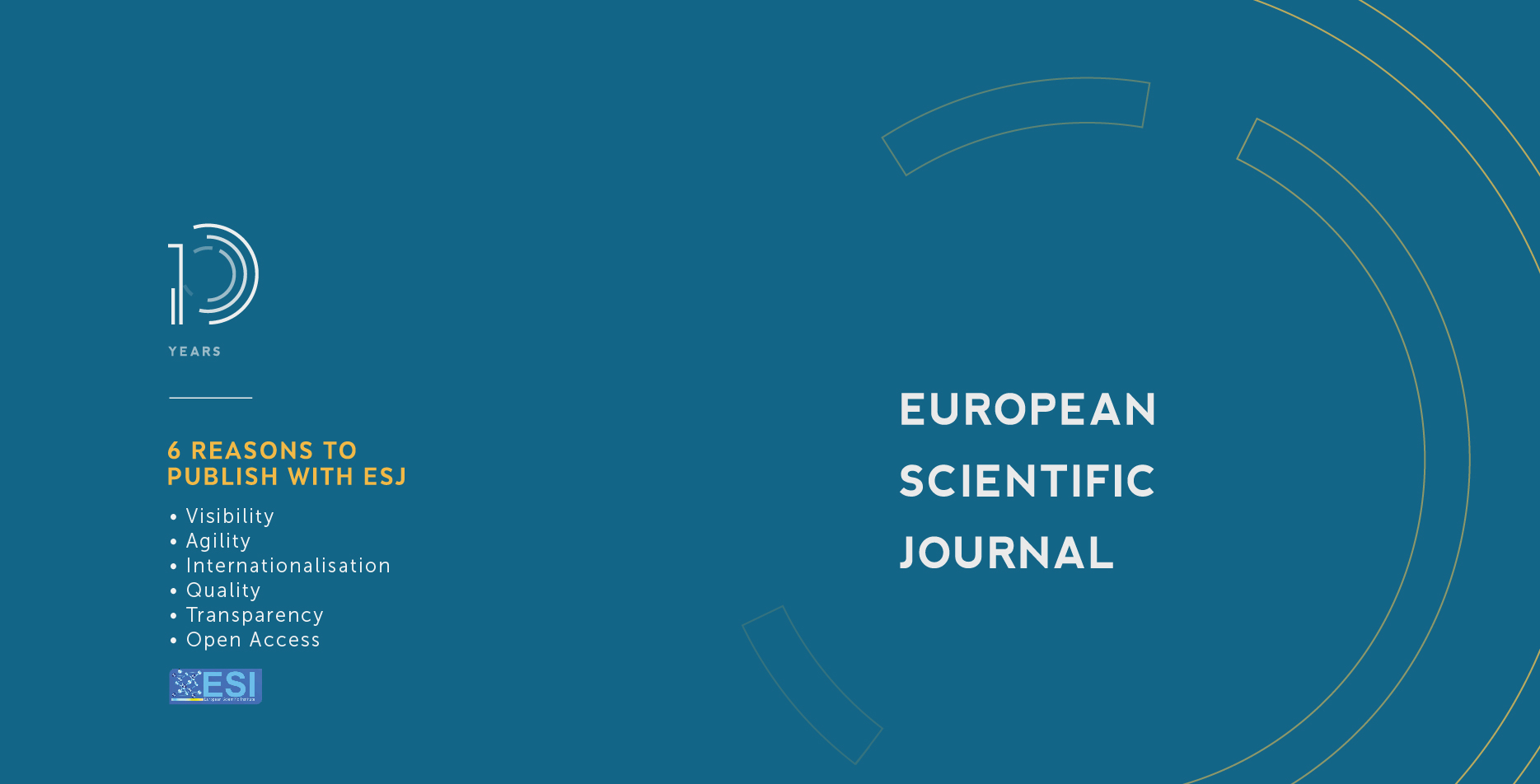Screencast Video Feedback and its Implication on English as a Foreign Language (EFL) Writing
Abstract
Providing feedback to students’ written work has always been a challenging experience for English as a foreign language (EFL) teachers and learners. High-quality feedback promotes students’ engagement in learning processes and enhances writing performance. Traditional written corrective feedback has often been criticized for not being able to achieve its purpose. 21st-century technological development brought the necessity to provide audio and video feedback through screencast technology. The letter enables EFL teachers to provide multimodal feedback by recording the teacher’s screen while commenting on a student’s written work. Although there have been some studies conducted in the field of oral feedback via screencast, video feedback is still relatively new in many educational settings. For this reason, the paper aims to provide a brief overview of screencast video feedback, potential affordances and challenges faced by EFL teachers and learners. For this article, recent research studies have been collected to review the use of screencast feedback in EFL class and discuss its implications on EFL students’ writing. Furthermore, the paper provides an overview of the most widely-used screencast software in educational settings and concludes with some practical guidelines for the effective implementation of screencast technology.
Downloads
PlumX Statistics
Copyright (c) 2021 Nato Pachuashvili

This work is licensed under a Creative Commons Attribution-NonCommercial-NoDerivatives 4.0 International License.








